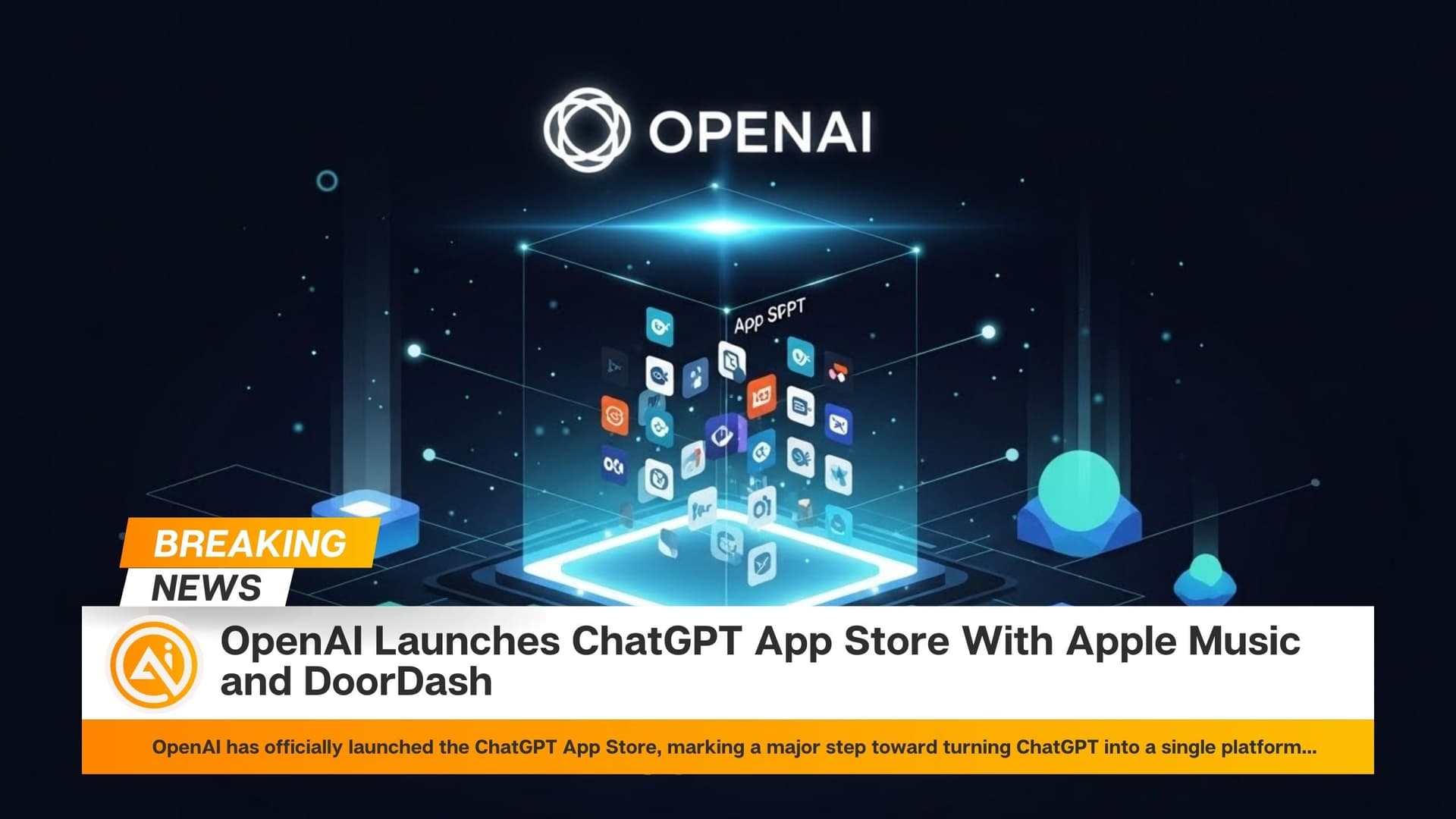Alibaba’s Qwen team has launched the Qwen3 series, a new line of open-source AI large language and multimodal models, positioning them among the most advanced publicly available models. The release includes eight models: two using a "mixture-of-experts" approach and six dense models. The flagship Qwen3-235B-A22B model reportedly surpasses DeepSeek’s R1 and OpenAI’s proprietary o1 on benchmarks like ArenaHard, while approaching the performance of Google’s Gemini 2.5-Pro.
Qwen3 models are designed for hybrid reasoning, allowing users to switch between fast responses and more complex, intensive problem-solving modes. Users can access Qwen3 models through platforms like Hugging Face, Kaggle, and GitHub, or directly via the Qwen Chat web interface. They are available under the Apache 2.0 license, allowing unrestricted commercial use, which is a key advantage over more restricted licenses like Meta's.
Training improvements for Qwen3 included doubling the dataset size to around 36 trillion tokens and implementing multi-stage pretraining and refinement. The models now support 119 languages and dialects, broadening their application worldwide. The dense variants, ranging from 0.6 billion to 32 billion parameters, allow flexible deployment across laptops and large GPU clusters. Deployment is also made easier with frameworks like SGLang, vLLM, and tools like Ollama and LMStudio.
Enterprise users can switch to Qwen3 quickly by pointing existing OpenAI-compatible endpoints to the new models, enabling faster integration without significant infrastructure changes. MoE architecture also helps cut GPU memory costs while offering GPT-4-level reasoning. Alibaba emphasizes that running Qwen3 locally ensures data control, reducing security risks tied to external vendors.
Looking ahead, the Qwen team plans to scale models further, improve reinforcement learning, extend context lengths, and work toward AI systems capable of long-horizon reasoning tasks. The release of Qwen3 reflects the growing intensity of global competition in AI development and provides a strong, accessible alternative for organizations aiming to innovate while keeping costs and legal complexities low.
